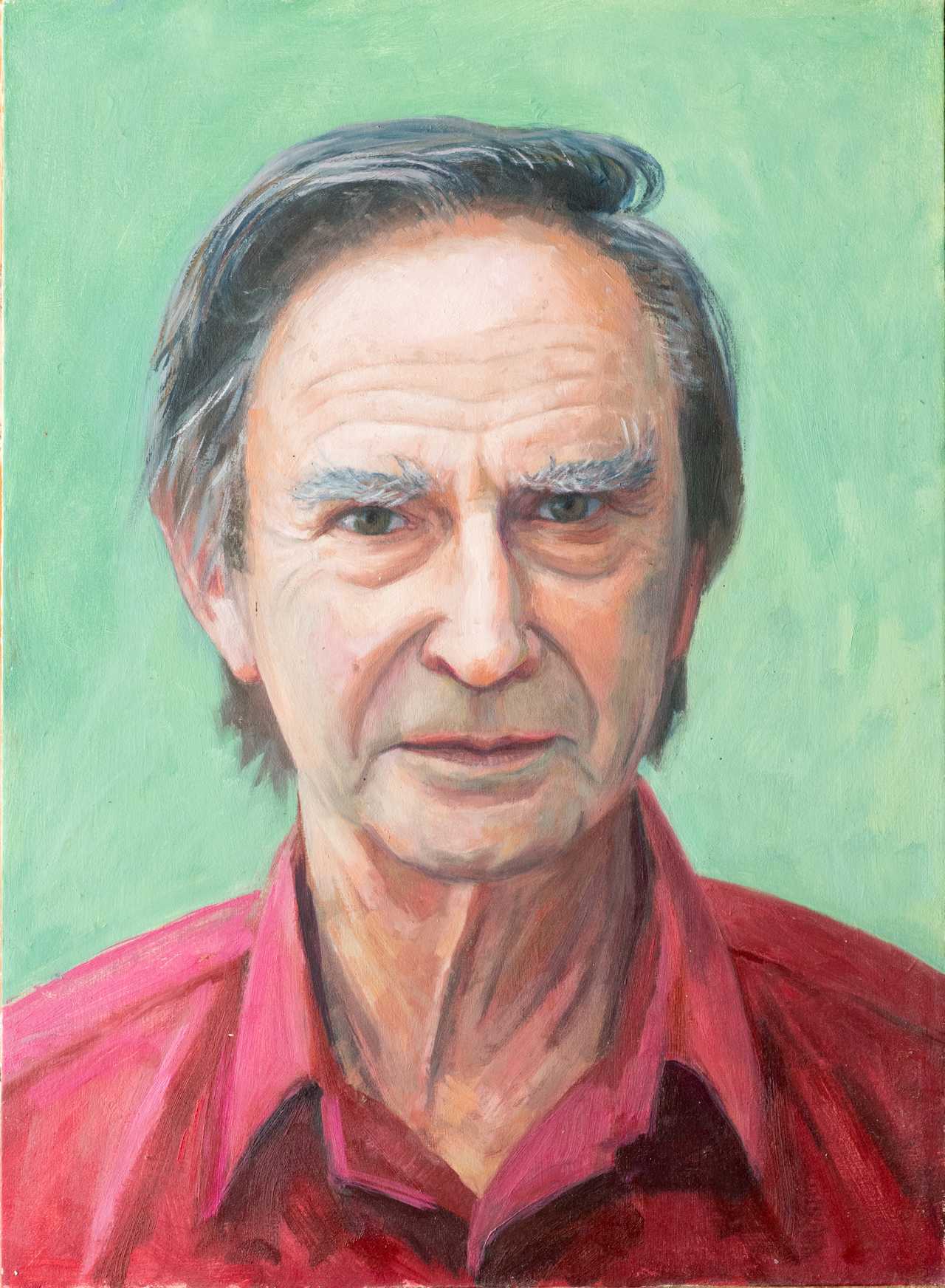A WCF Centre for Buddhist Education: Proposal for Discussion

On further reflection concerning the possible futures of the WCF (See NCF 31) I have recently come up with the following ideas.
1. The WCF does very well in promoting the Dharma through the medium of intensive retreats. Many retreatants come again and again to one or other of our events. This is all to the good. However many retreats simply serve a remedial function for those stressed by the contemporary conditions of life, personal problems, or a feeling that previous events have been beneficial. There is no harm in this; indeed it is good news that our work is of value to many. However relatively few retreatants have adequate knowledge of even the basic Buddha dharma and most are confused regarding the finer points of Buddhist thought or its potential contribution to modern times beyond that of a personally therapeutic role.
2. In the last two years I have been reading intensively for a book on "World Crisis and Buddhist Humanism" which may be published by Motilal Banarsidass on completion. I have realised that Buddhism, far from being a religion in anything like the usual sense, is in fact very close to Western humanism but with a unique spiritual component.
I feel that the next WCF project needs to develop a distinctive educational focus developing such insights through the presentations of relevant teachers. The general direction of such teaching would be towards a Buddhist Humanism. In suggesting this term to some five potentially interested parties including Peter Reason, James Low and Jake Lyne, I found the idea appealed strongly to them.
3. In what would such a project comprise? Basically weekend workshops for about twelve persons focussed on the relationship between Buddhism and relevant modern ideas in philosophy, science and economics including the environment - that is to say the themes emerging in Western humanism from the 18th century European 'Enlightenment'. I would be happy to teach the line of thought presented in my forth coming book while teachers such as Peter Reason, James Low, Stephen Batchelor, Ken Jones and perhaps David Loy could be invited to supply comparable courses of whatever length. There is also the potential for a more careful consideration of our role in interfaith work - particularly Christianity, based on a more defined viewpoint.
The workshops would include meditation periods and socialisation. Longer courses could also be envisaged.
I would like to hear views on such a proposal, which may be formulated gradually as a WCF Teacher's policy should there seem to be adequate support.
Chuan-deng Jing-di. Teacher to WCF
- Publication date:
- Modified date:
- Categories: 2006 Other Articles John Crook
-
 Western Chan Fellowship CIO
Western Chan Fellowship CIO - Link to this page
©Western Chan Fellowship CIO 1997-2026. May not be quoted for commercial purposes. Anyone wishing to quote for non-commercial purposes may seek permission from the WCF Secretary.
The articles on this website have been submitted by various authors. The views expressed do not necessarily represent the views of the Western Chan Fellowship.
Permalink: https://w-c-f.org/Q372-150
